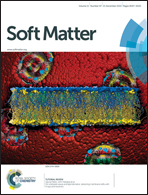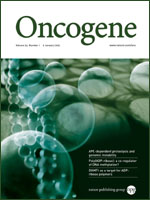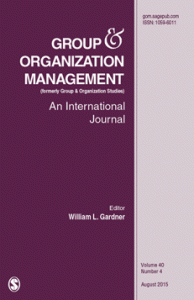 John Shannon may be a mere undergrad at Hillsdale College in Michigan, but he knows enough about history to be surprised that Aristotle had written an entire book about economics that Shannon had never heard of.
John Shannon may be a mere undergrad at Hillsdale College in Michigan, but he knows enough about history to be surprised that Aristotle had written an entire book about economics that Shannon had never heard of.
That curiosity led to the discovery that a highly cited paper about pricing in cancer drugs was missing a reference to a rather relevant source about a treatise by the Greek philosopher, prompting the Journal of Clinical Oncology to correct the paper. But to Shannon, a missing reference is not the only problem with the paper.
As he notes in an essay in Public Discourse, Shannon’s interest was piqued when he noticed this passage in a 2013 paper in the Journal of Clinical Oncology on the fair price — “just price,” or Justum Pretium — of cancer drugs: Continue reading Oh no he didn’t! Misattributed Aristotle work leads to correction in highly cited cancer paper
 An author has been added to a biochemistry paper following an investigation by the University of Helsinki.
An author has been added to a biochemistry paper following an investigation by the University of Helsinki.






